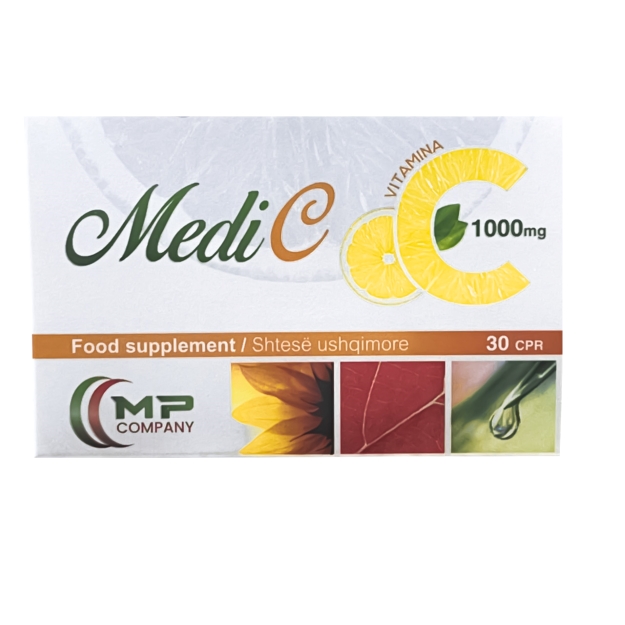
Vitamin C has many health benefits. For example, it helps strengthen our immune system and may help lower blood pressure. It is found in many fruits and vegetables.
Vitamin C is an essential vitamin, meaning your body can’t produce it. Yet, it has many roles and has been linked to impressive health benefits. It’s water-soluble and found in many fruits and vegetables, including oranges, strawberries, kiwi fruit, bell peppers, broccoli, kale, and spinach.
While it’s commonly advised to get your vitamin C intake from foods, many people turn to supplements to meet their needs.
Here are 7 scientifically proven benefits of taking a vitamin C supplement.
1. Helps prevent iron deficiency
Iron is an important nutrient that has a variety of functions in the body. It’s essential for making red blood cells and transporting oxygen throughout the body.
Vitamin C supplements can help improve the absorption of iron from the diet. Vitamin C assists in converting iron that is poorly absorbed, such as plant-based sources of iron, into a form that is easier to absorb.
2. Boosts immunity
One of the main reasons people take vitamin C supplements is to boost their immunity, as vitamin C is involved in many parts of the immune system.
3. Protects your memory
High vitamin C intake from food or supplements has been shown to have a protective effect on thinking and memory as you age.
Vitamin C is a strong antioxidant. Low levels of this vitamin have been linked to an impaired ability to think and remember.
4. Helps manage high blood pressure
High blood pressure puts you at risk of heart disease, the leading cause of death globally.
Studies have shown that vitamin C may help lower blood pressure in both those with and without high blood pressure.
5. May lower your risk of heart disease
Heart disease is the leading cause of death worldwide. Many factors increase the risk of heart disease, including high blood pressure, high triglyceride or LDL (bad) cholesterol levels, and low levels of HDL (good) cholesterol.
Vitamin C may help reduce these risk factors, which may reduce heart disease risk.
6. Reduces your risk of chronic disease
Vitamin C is a powerful antioxidant that can strengthen your body’s natural defenses.
Antioxidants are molecules that boost the immune system. They do so by protecting cells from harmful molecules called free radicals.
7. Reduces your risk of chronic disease
Vitamin C is a powerful antioxidant that can strengthen your body’s natural defenses.
Antioxidants are molecules that boost the immune system. They do so by protecting cells from harmful molecules called free radicals.
Unproven claims about vitamin C
While vitamin C has many scientifically proven benefits, it also has many unfounded claims supported by either weak evidence or no evidence at all.
Vitamin C is a water-soluble vitamin that must be obtained from the diet or supplements. Overall, vitamin C supplements are a great and simple way to boost your vitamin C intake if you struggle to get enough from your diet.
